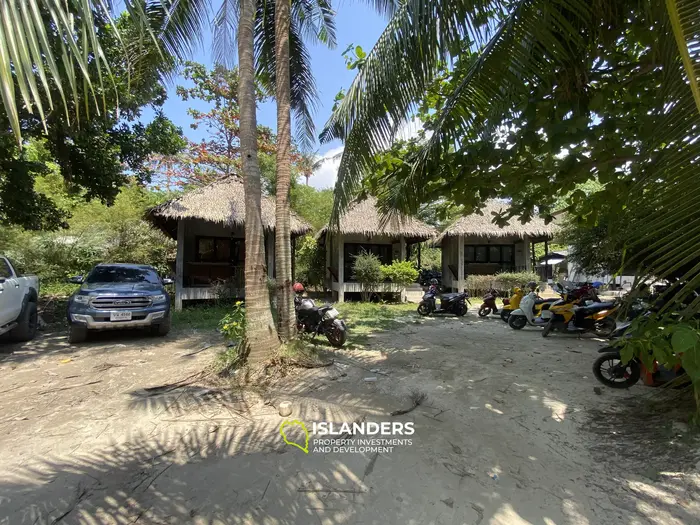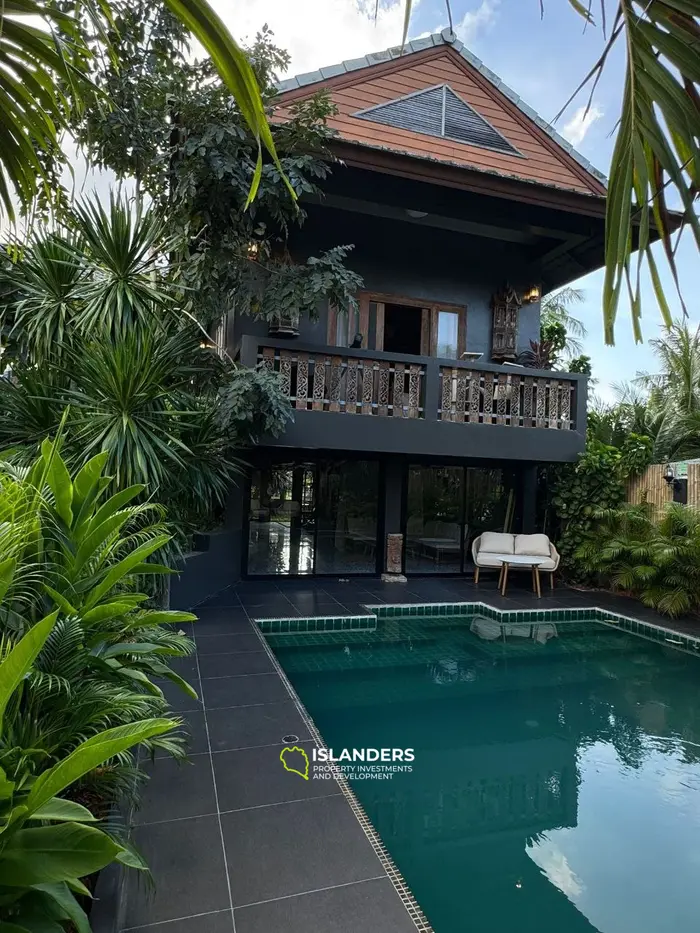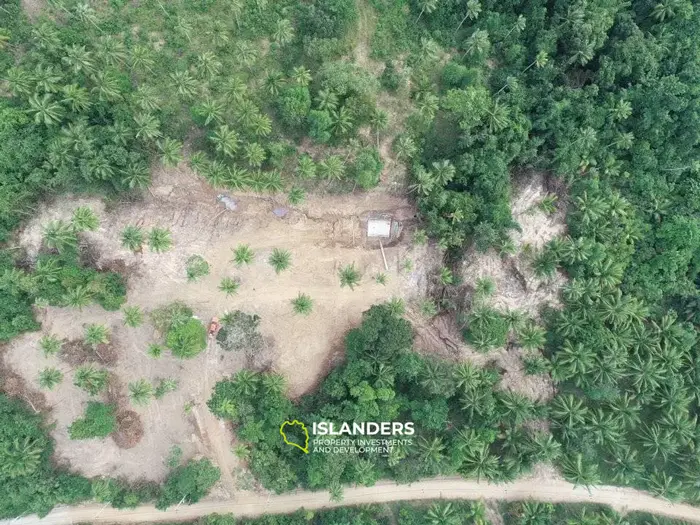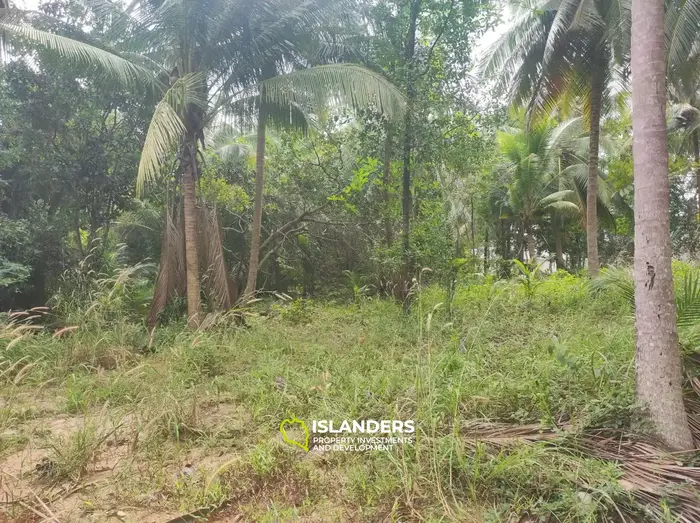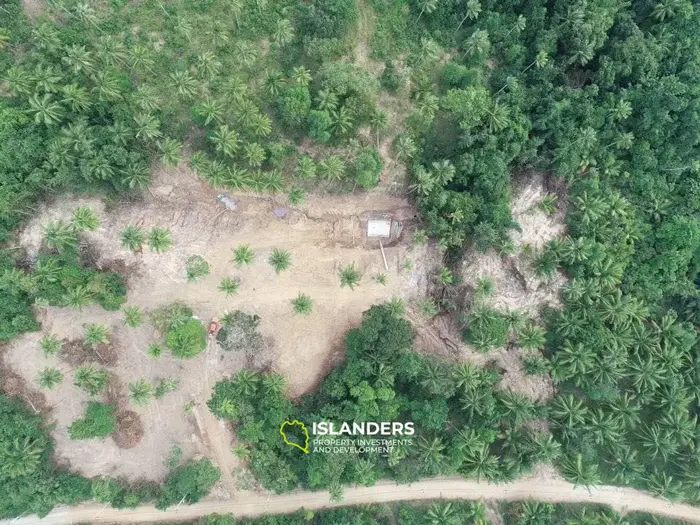Traveling to exotic countries such as
Thailand promises a lot of impressions, but it is important to prepare in
advance for possible surprises. Climate change, acclimatization, unfamiliar
cuisine and high humidity can lead to mild malaise, poisoning or exacerbation
of chronic diseases. Having the necessary medications in a tourist's first aid
kit is not only a guarantee of a comfortable holiday, but also an opportunity
to quickly cope with any health problems.
Thailand has a well-developed pharmacy system, where you can find a wide range
of drugs, both local and imported. An important feature is that most pharmacies
sell many drugs, including antibiotics, without a prescription. However, the
packaging of drugs may be in Thai, which complicates the choice for foreigners.
It is also worth considering that in
Thailand there is no full correspondence between brands and names of drugs
known in European countries . Therefore, it is extremely important to know the active substance of
the drug in order to find its local analogue.
In Thailand, pharmacies are divided into several categories:
- Hospital pharmacies are usually located in hospitals and provide
medical advice and prescription medications.
- Private
pharmacies are a popular choice among tourists. Here, pharmacists often
speak English and are willing to help select analogs of drugs.
- Chain pharmacies, such as Boots and Watsons , stock standard
medications, cosmetics and hygiene products.
Thais prefer natural remedies, which
explains the popularity of herbal ointments and capsules. However, modern
pharmacies offer everything you need to treat most ailments, from colds to skin
problems.
How to find medicines in Thailand?
Recommendations for searching for
analogues of medicines
To successfully search for the necessary medicine in Thailand, it is important
to follow a few simple rules:
●
Find out the active ingredient
(active component) of the drug you need. This will help you find international
analogues. For example, paracetamol can be found in Thailand under the name Panadol
.
●
Use apps or websites to search for
drugs by active ingredients, such as Drugs.com.
●
Bring the package or prescription
in Latin with you to show the pharmacist.
How to correctly identify the active
substance
The active substance is the chemical compound that provides the therapeutic
effect of the drug. It is indicated on the drug packaging (usually in small
print under the brand name). For example :
●
Analgin is the active ingredient
of Metamizole sodium .
●
No-shpa is the active ingredient
Drotaverine .
If you are not sure what the substance
you need is called, study the composition of the drug before traveling. This
will make it much easier to find in Thai pharmacies.
Basic Pharmaceutical Terms in Thai
To find a medicine in Thailand, it is useful to know a few keywords:
●
Medicine - ยา ( Yaa ).
●
Antibiotic - ยาปฏิชีวนะ ( Yaa party chivana ).
●
Pain - ปวด ( Pouat ).
●
Heat - ไข้ (Kai).
●
Rana - แผล ( Ple ).
●
Throat - คอ (Ko).
●
Belly - ท้อง (Tong).
These words will help you explain the
problem to the pharmacist if you don't know the exact name of the medicine.
Popular categories of drugs and their
analogues
Painkillers and antipyretics
Painkillers and antipyretics are the
first aid for high fever, headache or muscle pain. Both local and international
analogues are available in Thailand.
●
Veracold is a combination medicine
containing paracetamol, phenylephrine and chlorpheniramine . It is used to
reduce fever, relieve runny nose and relieve headaches.
●
Paracetamol - in pharmacies in
Thailand you can find it under the brands Panadol and Tylenol .
●
Ibuprofen - available under the
international names Nurofen or Advil .
These drugs are sold in almost every
pharmacy, often without a prescription, but it is worth checking the dosage
with the pharmacist.
Cold and Flu Remedies
Combination medicines are often used to
treat cold and flu symptoms in Thailand. They help to cope with nasal
congestion, high fever and sore throat at the same time.
●
Tiffy is a popular product
containing paracetamol, phenylephrine and an antihistamine component. It is
effective against colds, runny nose and headaches.
●
Poly Oph is an analogue of
Theraflu , which helps to cope with the symptoms of flu and colds.
●
Thai cough syrups - available as
herbal or combination preparations such as " Decolgen ".
These medicines are often sold in chain
pharmacies such as Boots and Watsons .
Medicines for the treatment of the stomach and intestines
Thai cuisine, although very tasty, can
cause stomach upset in tourists due to the abundance of spices or unfamiliar
food. For such cases, the following medications are sold in local pharmacies:
●
Smecta - a similar remedy is
available under local brands such as Gastolite or Gaszym . It helps with
diarrhea and stomach upset.
●
Regidron is a powder for restoring
water-salt balance. Thai pharmacies offer its analogues, such as Oreda R O.
●
Enterosgel - local analogues are
presented in the form of absorbents for eliminating toxins from the body.
It is worth clarifying how to properly
dilute the drug if the packaging is in Thai.
Allergy pills and anti-inflammatory drugs
Effective medications are available in
Thailand to treat allergies and relieve inflammation:
●
Alerest is a topical antihistamine
that relieves itching, redness and swelling.
●
Telefast is an analogue of Telfast
, used for seasonal allergies.
●
Suprastin - its analogues can be
found under the name Chlorpheniramine .
These medications can be purchased to
treat both sudden allergic reactions and for long-term symptom control.
Antibiotics and antiseptics
Antibiotics are often available over the
counter in Thailand, but it is important to use them only as directed by your
doctor.
●
Chlorhexidine is a topical
antiseptic often used to treat wounds.
●
Hydrogen peroxide - available in
most pharmacies, used for disinfection.
●
Levomekol analogues - ointments
for the treatment of infected wounds, often sold under the name Silver
Sulfadiazine or other local brands.
Antiseptics are widely available in local
pharmacies, so they are easy to find.
Skin care and burn treatment products
The tropical climate, bright sun and high
humidity can cause burns and skin irritations. There are many effective
remedies in Thailand:
●
Panthenol - an analogue can be
found under the brand Burnol , which helps with sunburn and thermal burns.
●
Thai ointments for wound healing -
herbal creams such as Tiger are popular Balm and ointments based on aloe vera.
They speed up healing and reduce inflammation.
●
Insect bite ointments, such as
Soffell , help relieve itching and irritation.
These drugs are easily found in tourist
areas and chain stores.
Peculiarities of buying medicines in
Thailand
There are two main types of pharmacies in
Thailand: chain pharmacies and hospital pharmacies.
●
Chain pharmacies ( Boots , Watsons
) can be found in almost every shopping centre and on the streets. They offer a
wide range of standard medications, cosmetics and personal care products.
However, such pharmacies do not always stock highly specialised drugs,
especially antibiotics.
●
Hospital pharmacies operate at
hospitals and clinics. Here you can buy prescription drugs and get a doctor's
consultation. The cost of drugs in hospital pharmacies is higher, but the range
includes rare drugs. These pharmacies are suitable if you need treatment for a
specific disease or help from a qualified specialist.
Medicines in Thailand are in most cases
cheaper than in Europe , especially for:
●
Painkillers and antipyretics (eg
paracetamol, ibuprofen).
●
Cold and allergy remedies.
●
Antiseptic drugs.
However, imported drugs may be more
expensive due to logistics costs. Thai analogues of many drugs are often not
only cheaper, but also of equal quality.
To avoid buying counterfeit drugs, follow
these guidelines:
- Buy only from licensed pharmacies. Avoid random kiosks or markets.
- Check the
packaging. The medicine should be hermetically sealed, with clear fonts
and no damage.
- Compare
barcode. Scan barcode via mobile app to check authenticity.
- Pay
attention to certification. Many drugs have a special GMP ( Good
Manufacturing Practice ).
- Consult your pharmacist. If in doubt, ask a specialist.
What to buy in a Thai pharmacy?
Thai pharmacies offer a wide range of
high-quality and effective drugs. Here's what you can bring home:
●
Remedies for pain and fever:
Veracold , Panadol .
●
Medicines for the stomach:
analogues of Smecta , rehydron , enterosorbents .
●
Antiallergic agents: Alerest ,
Telefast .
●
Skin Ointments: Aloe Vera Creams,
Tiger Balm , Burnol .
●
Cold remedies: Tiffy , Poly Oph .
●
Antiseptics: chlorhexidine ,
hydrogen peroxide.
A tourist first aid kit in Thailand
should include:
●
Antipyretic and analgesic.
●
Antihistamines (in case of
allergies).
●
Preparations for restoring
water-salt balance (for example, rehydron ).
●
Ointments for the treatment of
burns and insect bites.
●
Tablets for upset stomach.
These medications will help you cope with
typical problems that may arise during your trip.
Thai medicine is famous for its natural
preparations, which are suitable for both treatment and prevention.
●
Herbal ointments and oils ( Tiger
Balm (green and red ointment) are used to relieve pain, treat sprains and runny
nose.
●
Herbal capsules are used to
detoxify the body and improve digestion.
●
Aloe vera creams are an effective
remedy for treating sunburn.
These natural remedies are highly
effective and safe, making them popular among both tourists and locals.
Important recommendations for tourists
When transporting medications across
borders, special care should be taken. Most medications that you can take with
you on a trip must be for personal use. A minimum supply of the drug stored in
the original packaging is sufficient for this. To avoid questions at customs,
especially if the drug is a prescription, it is useful to have a doctor's
prescription written in Latin, indicating the active substance. This is
especially important for drugs containing potent substances. The import and
export of medications such as codeine or strong sedatives in Thailand is
strictly regulated. Such drugs require special permission from the Thai
Ministry of Health.
Thailand has strict laws regarding
psychotropic and narcotic substances. Tablets containing codeine, diazepam and
other similar substances are prohibited for import and export. Before
traveling, it is important to check the current list of prohibited drugs, which
can be found on the website of the embassy or customs service.
To communicate successfully in Thai pharmacies,
especially if the pharmacist does not speak English, it is useful to learn a
few phrases in Thai. For example, if you need medicine for a headache or want
to know how to take a drug correctly, you can use translators or pre-prepared
cards with the necessary phrases. This will simplify the purchase and reduce
the likelihood of misunderstandings.
Conclusion
Taking care of your health while
traveling is the key to a comfortable vacation. Prepare in advance by learning
about the necessary medications and their analogues that can be found in Thai
pharmacies. Do not forget to check the relevance of the laws on the
transportation of medicines to avoid unnecessary complications at customs. Thai
pharmacies offer a wide selection of drugs at affordable prices, which makes
them an excellent option for purchasing both everyday and specialized products.
Important to remember: To avoid
counterfeits, buy medicines only from licensed pharmacies. Keep in mind that
chain pharmacies such as Boots and Watsons stock popular international brands,
while hospital pharmacies stock rare drugs. If you have any questions, consult
a pharmacist or use online resources to find medicines.
When traveling to Thailand, you can not
only take care of your health, but also discover new, effective remedies that
will become a useful addition to your home medicine cabinet. It is only
important to be careful when choosing them, follow the recommendations and
prepare in advance.


